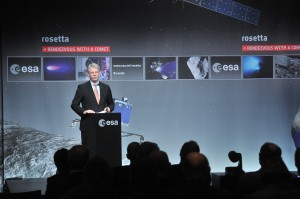
ESA’s Thomas Reiter, Director of Human Spaceflight and Operations, welcomes participants to the Rosetta wake-up day at ESA’s European Space Operations Centre, Darmstadt, Germany (image (c) ESA, J.Mai)
“This mission is a major challenge, never attempted in the history of spaceflight”
This was the greeting of Thomas Reiter, ESA Director of Human Spaceflight and Operations to the assembled media and guests at the European Space Operations Centre as he highlighted the dedication and passion of all those involved with ESA Rosetta. It’s a day that has been anticipated for a long time – 31 months of hibernation, almost ten years since launch, and years longer in the development of the mission.
Thomas Reiter explained the months ahead, and the “united effort” required from all over the world. “Thank you very much for being with us during this important moment,” he said.
Monday marks the day Rosetta gets back in contact with Earth after hibernation, but is just the beginning of the crucial part of the mission – escorting the comet 67P/Churyumov-Gerasimenko on its journey towards perihelion, and preparing to deploy the lander, Philae. Although the acquisition of signal from the spacecraft will be a moment of great excitement, it will be the start of a process as the spacecraft prepares all of its scientific instruments for a ground-breaking, and comet surface-breaking, mission.
“This is where we think about our place in the Universe, about how the Solar System developed and about life,” said Alvaro Gimenez, ESA Director of Science and Robotic Exploration.
“Comet 67P is made out of material that is linked to the infancy of our Solar System, giving us information about the gas and dust that gave birth to our Solar System. It will be like opening a window in time,” he added.
Drawing a comparison with the Rosetta Stone, after which the mission was named, Alvaro Gimenez said “The language will be different than on the Rosetta Stone of course…It will be the powerful language of physics and chemistry that will be uncovered”
But he acknowledged that the mission and its unique science would not be possible without what he called the “outstanding dedication” of the Operations team. He highlighted ESA’s commitment to answering the big questions in science.
“We work hard to make the dreams of our scientists, our society, humankind in general, come true.” – Alvaro Gimenez, ESA
Watch the events continue on ESA’s livestream channel and keep shouting #WakeUpRosetta at @ESA_Rosetta.

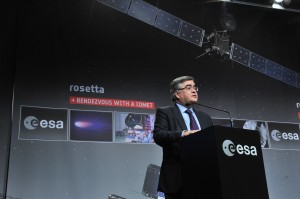
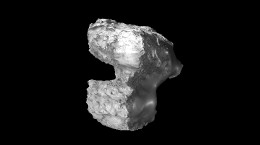
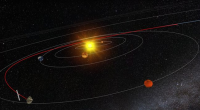
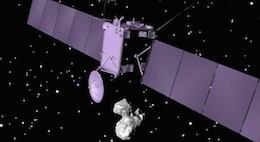
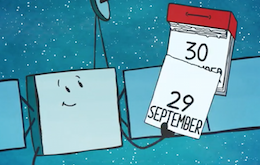
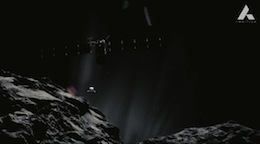
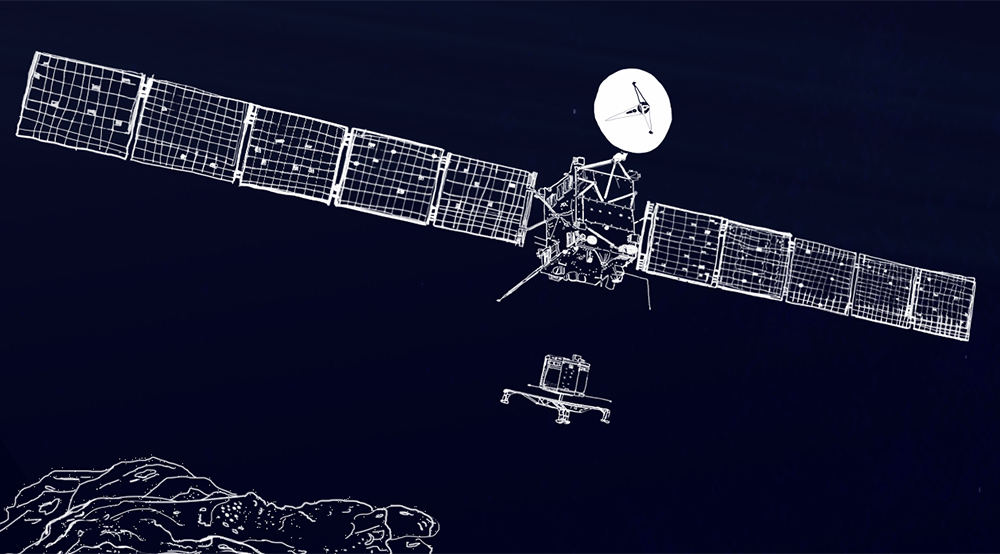
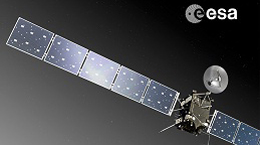
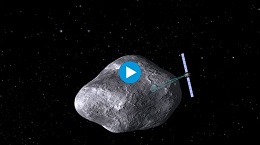
Discussion: one comment
Wake up Rosetta !
Sissy
USA